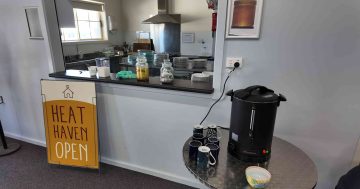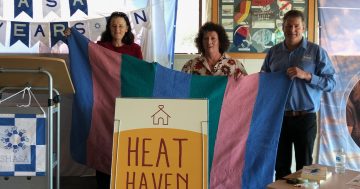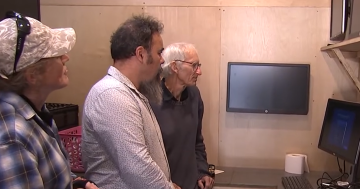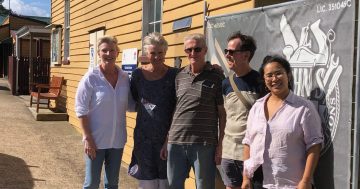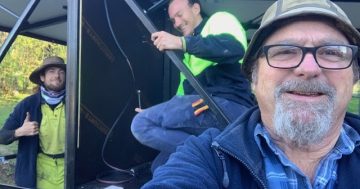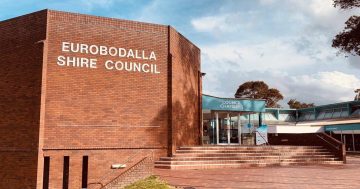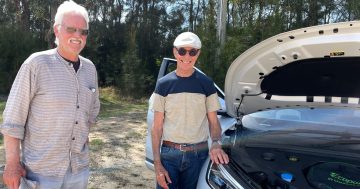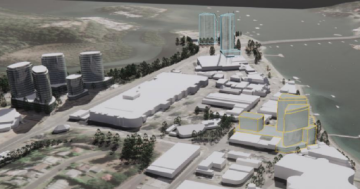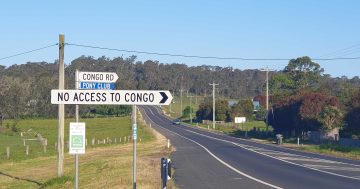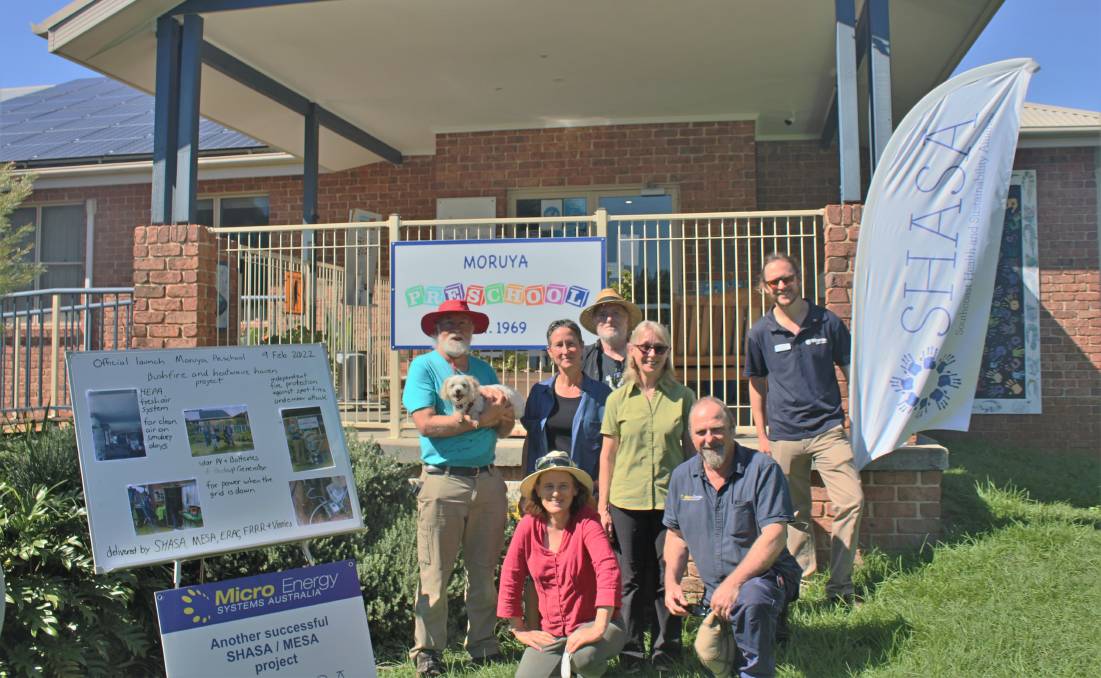
Moruya Preschool Kindergarten, pictured above, is one of the heatwave and bushfire havens in the Eurobodalla Shire. Photo: Southcoast Health and Sustainability Alliance.
Even before the Black Summer bushfires, one community organisation in the Eurobodalla identified the need for safe havens for those fleeing natural disasters.
Southcoast Health and Sustainability Alliance (SHASA) President Kathryn Maxwell said her organisation sought funding for its first heatwave and bushfire haven in 2019.
“Even before the bushfires, we were pretty much convinced, watching all the fires further north, that a time would come when we were impacted,” she said.
They were soon proved right. Evacuation centres were overwhelmed when the Black Summer bushfires hit, with 3000 people heading to the Moruya centre alone.
“People gravitated to these community owned facilities,” Ms Maxwell recalled.
“It was just packed. There was nowhere to sleep, nowhere to sit down.”
SHASA doesn’t want to see a repeat of that situation and has been actively lobbying for more safe places for people to go to in an emergency.
SHASA worked with community organisations to find what upgrades would be necessary for them to provide havens and project managed modifications such as solar panels, HEPA air filters, back-up generators, under-floor insulation, sprinkler systems, air conditioners, batteries and other items.
The Moruya Anglican Church hall, CWA Narooma, Moruya Preschool Kindergarten, CWA Moruya, Uniting Church Batemans Bay and Narooma Men’s Shed are among the facilities that have been upgraded to create safe places during extreme weather events.
“These organisations, because they’re so well connected with their communities, they very quickly swing into action when there’s an event,” Ms Maxwell said.
“[These make] a place for the most vulnerable to escape the heat, the wood smoke and everything else associated with these events.”
The idea is that safe haven facilities are prepared and operational before a natural disaster hits, causing damage and potentially isolating the shire from the outside world.
“We really did have to rely on our own resources [during the Black Summer bushfires],” Ms Maxwell said.
“If we’ve got these things ahead of time, then that’s going to make that task much easier.”
While all of the projects are focused on making the Eurobodalla more sustainable, Ms Maxwell said there was another benefit for the organisations.
“It lowers their running costs,” she said. “Then more of their fundraising can go towards service delivery.”
SHASA is also looking into creating a ‘community power hub’ to further the region’s energy self-sufficiency with a community-level renewable energy source.
The goal is to provide community-wide power generation that can supplement rooftop solar and large-scale solar farms in NSW.
Eurobodalla residents could ‘buy in’ to the system, meaning those who were unable to install rooftop solar could still access renewable energy, Ms Maxwell said.
Ms Maxwell said these community driven projects could bring employment opportunities to regions like the Eurobodalla and also help cut residents’ energy bills.
“What we’re saying is if you want the community to be more resilient, you need to help the organisations that help with the community being more resilient,” she added.







